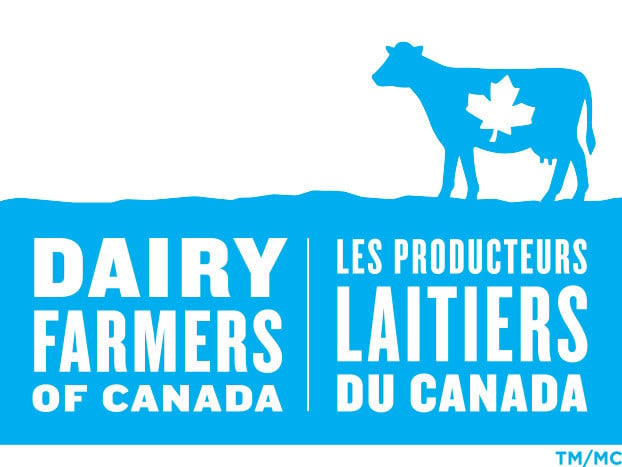Validating dairy intake biomarkers to investigate the link between dairy consumption and reduced type 2 diabetes risk
In Progress

Project Overview
Dairy is a rich source of fatty acids, many of which have been linked to a reduced risk of developing type 2 diabetes. However, current methods for studying dairy fat intake have limitations that prevent a full understanding of the relationship between dairy consumption and type 2 diabetes. To address this, the research team has developed and validated a new technique by measuring the weight of carbon atom stable isotopes in dairy fatty acids. This method will be applied to a group of 712 participants at risk for developing type 2 diabetes over a 15-year period, with blood samples collected every 3 years. The new method will be integrated with the prepared blood samples to measure circulating biomarkers of dairy intake and further investigate the relationship between dairy consumption and diabetes risk factors.
What Will the Research Team Do?
The research team will use the stable carbon isotope signature of the target dairy fatty acid biomarkers to provide a better picture of the relationship between dairy intake and type 2 diabetes.
The objectives of this project are to:
- Test if the new blood biomarkers of dairy intake correlate with self-reported measures of dairy intake as measured by a food frequency questionnaire.
- Test if the new blood biomarkers of dairy intake strengthen the relationship between dairy fatty acid consumption and abnormal blood sugar levels, insulin resistance, and beta-cell dysfunction in a large prospective cohort.
Principal Investigator
Richard P. Bazinet
University of Toronto
Co-Investigators
G. Harvey Anderson
University of Toronto
Anthony J. Hanley
University of Toronto
Key Words
- Dairy intake biomarkers, type 2 diabetes
Period: 2022-2024
Last Updated: March 01, 2025
Note: As per the research agreement, aside from providing financial support, the funders have no decision-making role in the conduct of the studies, data collection, and analysis or interpretation of the data. Researchers are independent in conducting their studies, own their data, and report the outcomes regardless of the results. The decision to publish the results rests entirely with the researchers
